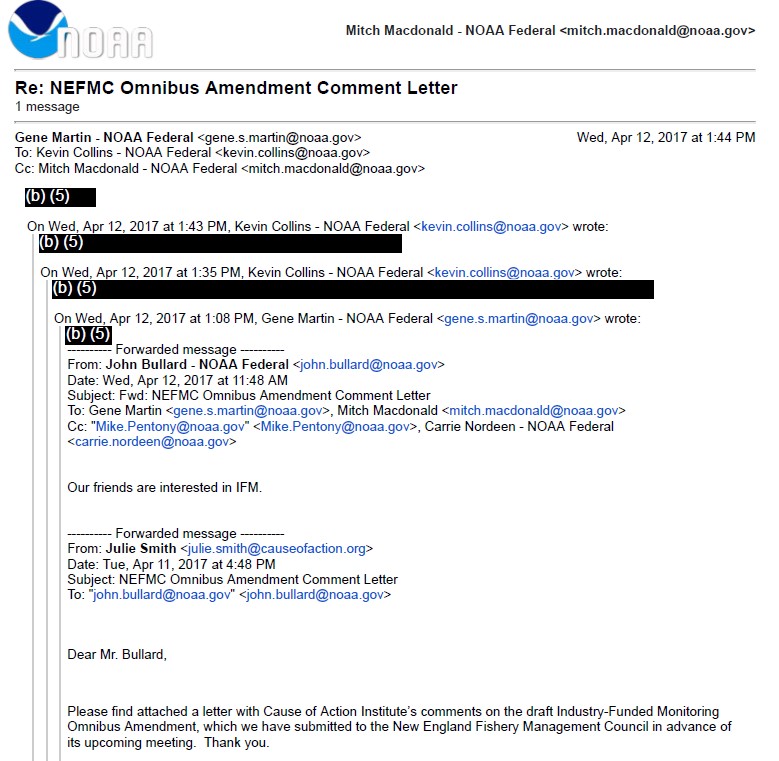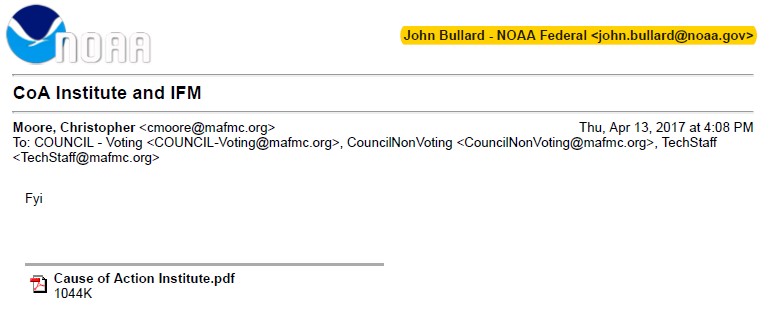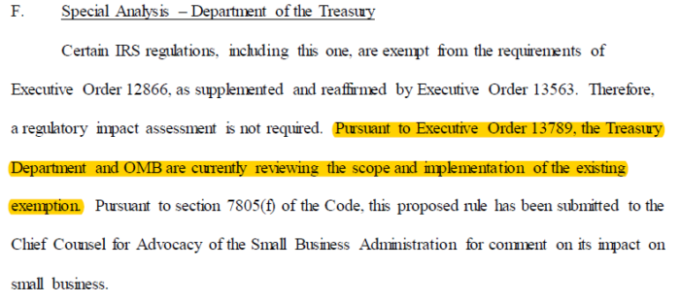Cause of Action Institute (“CoA Institute”) submitted a comment today to the Presidio Trust concerning the agency’s publication of a flawed FOIA rule intended to revise the agency’s Freedom of Information Act (“FOIA”) regulations. Congress created the Presidio Trust in 1996 to oversee and manage interior lands of The Presido, a national park on the northern tip of the San Francisco Peninsula, which is part of the Golden Gate National Recreation Area. Specifically, CoA Institute explained that the Trust’s flawed FOIA rule fails to correct its definition of a “representative of the news media” in line with statutory and judicial authorities.
News Media Fee Category
The Presidio Trust’s proposed rule marks the agency’s first effort to update its fee provisions in roughly twenty years. Yet despite ample time to review recent legal developments, and notwithstanding the Trust’s reliance on the Department of Justice template for agency FOIA regulations, which correctly advise agencies to eliminate the so-called “organized and operated” standard from their definition of a “representative of the news media,” the Trust still missed an important deficiency in its rulemaking.
The “organized and operated” standard, which the Presidio Trust has improperly retained, has been used in the past to deny news media requester status to nascent media groups and government watchdog organizations like CoA Institute. Indeed, CoA Institute took another agency—the Federal Trade Commission—to court, and argued its case all to the way to the D.C. Circuit, just to get the agency to acknowledge that its similar retention of the “organized and operated” standard was unlawful and led to improperly denying CoA Institute a fee reduction. The D.C. Circuit eventually issued a landmark decision in CoA Institute’s favor to clarify proper fee category definitions and their application in FOIA cases.
CoA Institute has succeeded in convincing a number of other agencies to adopt a proper definition of “representative of the news media” in line with the FOIA statute and controlling case law. Those agencies include, among others, the Consumer Product Safety Commission, Office of the Special Counsel, Department of Defense, U.S. Agency for International Development, and Department of Homeland Security. We hope that the Presidio Trust will likewise revisit its flawed FOIA rule and eliminate the “organized and operated” standard in lieu of a proper definition of a news media requester.
Ryan Mulvey is Counsel at Cause of Action Institute



